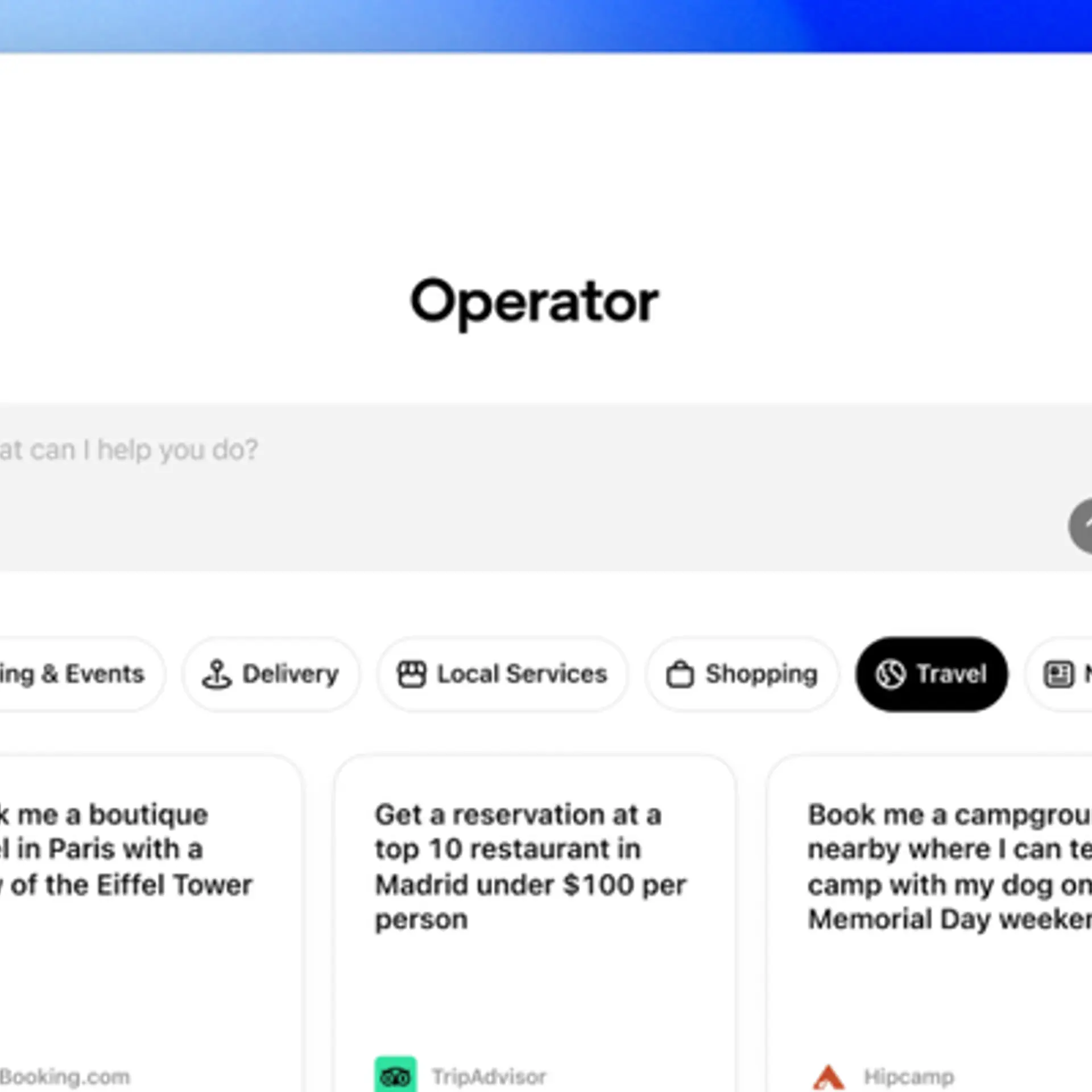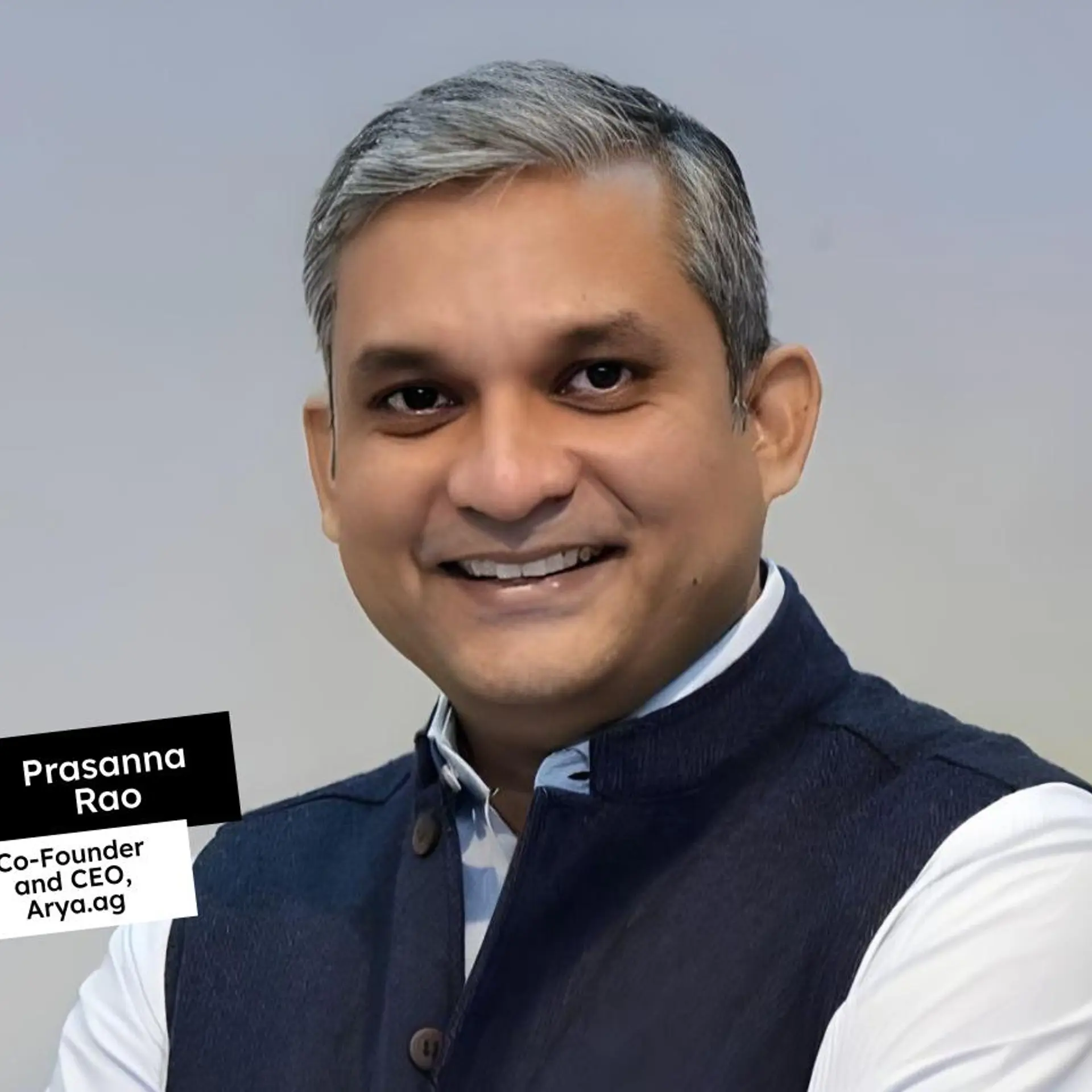Many hiccups later, PocketMath raises $10M in 2014, and is serving 20 billion mobile ad impressions daily
PocketMath is a startup that offers a real-time bidding platform to buy ad inventory that targets audiences on mobile and tablets. It's technology helps those who want to serve their ads across apps, games and mobile website. Last week, PocketMath raised its first outside funding of $10million from Rakuten Ventures to focus on global growth.
How did it all began?
The Co-founders of PocketMath, JD Lee, Casey Grooms and Eric Tucker studied together. It all started in University of Texas at Austin where they ran a student organization that promoted technology entrepreneurship. Casey, the founder of PocketMath, told YourStory how it all begun. “We all met while students at the same University and ran a technology entrepreneurship organisation. There we were promoting tech, innovation, and starting a company or trying to commercialize a technology. JD and myself studied Economics, while Eric Tucker studied Computer Science. After graduation, we all went our separate ways but about four years later we started discussing the original idea of PocketMath and decided to make a go for it. We all quit what we were doing (I quit my job) and we started to get to work.”
In January 2011, the trio wanted to take on the idea of taking in-store purchase data and to somehow marry it with ads in-store or online. The unique problem they were trying to solve was with their own POS system and retailer partners. To target a customers with products that are closely matched with what they are buying in-store. For example, you bought curry. Here's a coupon or ad for chicken or mutton. But that plan had too many moving parts so they kept simplifying it by taking advice from friends till they finally stumbled upon RTB.
In the email conversation, Casey Grooms points out saying, “We stripped out a lot of the complexities from the original idea and pivoted about five times until we stumbled upon 'real-time bidding (RTB)' concept. This was mid 2011. I was at a party in San Francisco and someone was telling me ‘it sounds like what you're trying to do is real-time bidding, but you're not.’ I had no idea what RTB was so went home, researched it a bit. The next day, that person sent me an email with some technical specifications for RTB. We took that, and built a quick prototype in ~3 months. I went to all random events and ad-tech industry events/parties. Pitched to everyone I could about the RTB product we had that barely worked. We could only do basic desktop retargeting from one SSP we had integrated with. The common theme among people I spoke with was: ‘what you have is cool, but do you have in mobile? We want mobile RTB inventory.’ Since I'm not one to turn down money and/or business, I said sure! I'll get it for you!"
In the middle of 2012, PocketMath rebranded and become a mobile DSP, rebuilt the bidding engine and platform, integrated with as many mobile SSPs (supply-side platforms, aka exchanges) and gave people access to a dashboard to create their own campaigns and buy from any SSP that PoketMath had integrated with. From there, customer demand dictated their product roadmap and platform features.

In early January 2013, PocketMath started letting advertisers use the platform. In the first month of operation, their bidder went haywire and they spent $20k in five hours by accident! Casey says, “I was just doing a $10 test for my mom to help advertize herself (she's a real estate agent). I learned a lot from that, and built fail safes into the platform that month. Better it happened then rather than now or that $20k could have been an accidental $1M!”
Bootstrapping isn’t easy. PocketMath team did learn it the hard way. By necessity, they had to be agile. They had to make sacrifices given their limited resources of human capital and money at hand. They built everything with a core team of about five engineers, including Eric (Co-founder). We would hire a couple of people here and there to plug holes where needed.
Casey adds, “As more features and requests came in, we hired more and more to keep pace with customer needs and expectations. Hiring takes money. On that front, JD contributed 100% of the funds needed to kick things off and keep things going. Costs got ‘easier’ (or less demanding) as our net revenue scaled and the difference JD needed to cover minimized. All I had to do was stay alive. If I could keep living, we could keep going. And I can keep selling. My first year, 2011, I lived off my small retirement fund I had saved up during my four year job ($20k). Next year, 2012, was from credit cards (maxed out) and then took out a cash credit line (depleted). In 2013, and the first half of 2014, we can thank my parents who would help out and deposit money each month as needed. I lived frugally, and that may have trickled into our relentless control to limit unnecessary expenses to build the product and business.”

The fund raising journey of PocketMath
Casey told YourStory, “We ended up raising USD $10 million from Rakuten Ventures. It was used to fuel growth in our product and to double our engineering count and business/sales. To hire a global sales team in major markets around the world, we recruited one or two persons per city we entered.”
In June 2014, Japanese Rakuten had announced $100 million global startup fund focusing on Asia-Pacific, the U.S. and Israel. Pursuing on that global ambition, Rakuten decided to lead a solo $10 million Series A without other VC firms participating in the round. What makes the deal look hot is SaeMin Ahn from Rakuten Ventures is joining PocketMath’s board along with JD, Eric and Casey, the co-founders.
We’ve asked Casey how the fund raising process went down. He said, “To raise from one venture partner vs multiple, or have a ‘party round’ was actually easier than it sounds. And it made all of our lives easier. I was introduced to SaeMin Ahn, Managing Director of Rakuten Ventures, from multiple sources/friends. I had a few introductions (ie ‘ways in’) vs just one introduction. This was about a year ago. During the year we would talk, catch up, but we were never fully ready to take on funding. We kept focus on the business and product. Raising VC was only secondary to our needs. Keeping the product moving, keeping customers satisfied, and keeping the overall business afloat was really the only thing anyone had time for. Only after a few conversations this past summer months (June/July/August) did we finally come to terms. 'OK, let's raise money to accelerate growth, and ‘oh! shit - we need money'. So it was perfect timing as SaeMin (Rakuten) was ready to pull the trigger. We discussed valuation, and given Rakuten's strategic nature of the investment, insisted that they cover the entire round. Once we all pulled the trigger, the rest was just legal formalities such as term sheet, then Series A legal paperwork, all in about one month’s time.”
‘TechinAsia’ quoted Rakuten Venture’s SaeMin Ahn as saying, “We funded the entire round because the team is amazing, and the tech they’ve built out hit the sweet spot in the industry like no other company in the range of opportunity.”
Casey tells us, “We were rejected by every American traditional venture capital firm I spoke to. For many reasons such as ‘we're not US-based, or even Silicon Valley-based’, or ‘too early’ or ‘too many players already’...the list goes on. Which is fine, and eventually turned out well for us.”
Current scale
PocketMath employs around 40 people co-located in different geographies that span across five cities. Singapore is their headquarters, and they are located in San Francisco, Mumbai, Sydney, and Washington DC. The company will be expanding next in Japan, China and the U.S.
According to the numbers PocketMath has shared with YourStory (off the record), PocketMath has a four digit clients list and a seven digit monthly revenue. Their revenue is growing in double digits month on month.
Mumbai calling
PocketMath will be expanding in Indian market helping Indian advertisers. The Mumbai office opened in September with Kumar Samanvaya Misra heading its activity there.
“We're looking to expand our market throughout India with Mumbai being our first beach head. What that really means is -- help advertisers in India target the plentiful mobile market there to help increase their brand awareness and increase their sales or user base, respectively. So Kumar is the man on the ground to begin forging new relationships, partnerships and seek out business opportunities,” said Casey.







